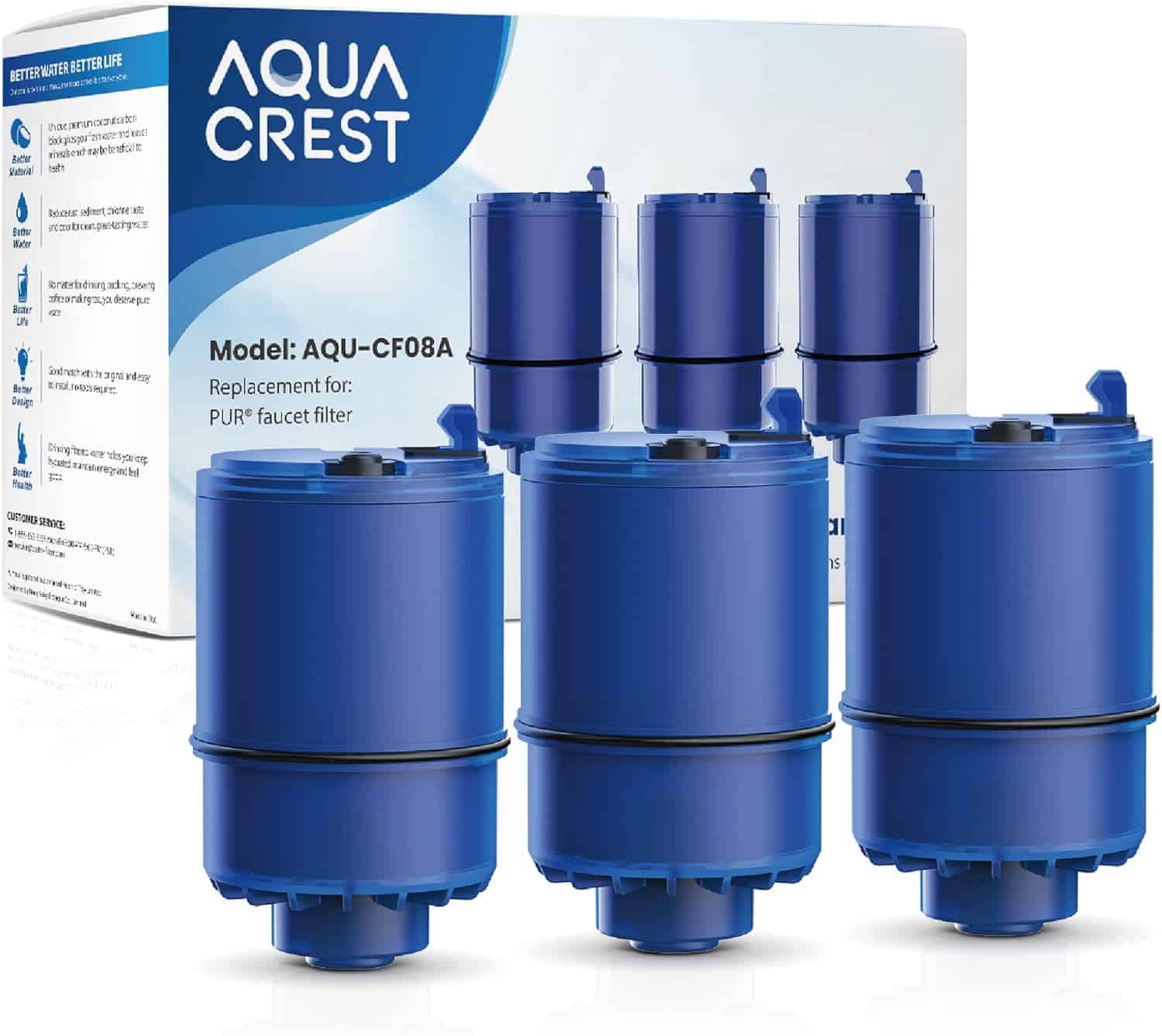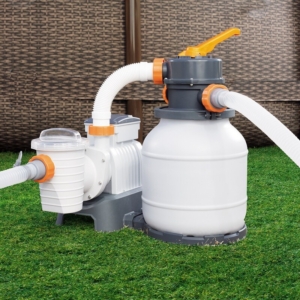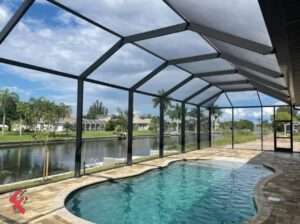Choosing the Right Air Purifier Buying Guide
With numerous available options, selecting the right air purifier can be overwhelming. This buying guide will walk you through the essential factors to consider when choosing an air purifier that meets your needs and ensures a healthier living environment.
About Air Purifiers
Air purifiers are designed to filter and clean the air by removing pollutants and contaminants. It is important to familiarize yourself with the different types of air purifiers available, such as High-Efficiency Particulate Air (HEPA) filters, activated carbon filters, ionizers, and more. Each type has its own unique features and technologies, which we will explore in detail to help you make an informed decision.
There are several types of air purifiers available on the market. Here are some of the most common ones:
1. HEPA Air Purifiers: These purifiers use High-Efficiency Particulate Air (HEPA) filters to capture and remove 99.97% of particles as small as 0.3 microns, including dust, pollen, pet dander, and mold spores.
2. Activated Carbon Air Purifiers: These purifiers contain activated carbon filters that specialize in trapping and removing odors, chemicals, and volatile organic compounds (VOCs) from the air.
3. UV-C Air Purifiers: These purifiers use ultraviolet germicidal irradiation (UVGI) technology to kill or deactivate airborne bacteria, viruses, and other pathogens. They often work in conjunction with other filtration methods.
4. Ionic Air Purifiers: Also known as ionizers, these purifiers release negatively charged ions into the air. These ions attach to airborne particles, making them heavier and causing them to settle or be caught by nearby surfaces.
5. Ozone Generators: Ozone generators intentionally produce ozone gas, which can help neutralize odors and kill certain types of bacteria and mold. However, they can be harmful if not used properly and are generally not recommended for residential use.
6. Electrostatic Precipitators: These purifiers use electrostatic charges to capture and remove airborne particles. The charged particles are attracted to oppositely charged plates or filters, effectively trapping them.
7. Hybrid Air Purifiers: These are air purifiers that combine multiple technologies, such as HEPA filters, activated carbon filters, and UV-C lights, to provide comprehensive air purification.
Assessing Your Needs
Before purchasing an air purifier, assessing your specific air quality concerns is essential. Whether you suffer from allergies or asthma or have pets at home, identifying your primary air pollutants will help determine the most suitable air purifier for your situation. Additionally, considering the size of the area to be purified and any noise or energy efficiency requirements will further narrow down your options.
Essential Features to Look for
Certain features are crucial in determining the efficiency and effectiveness of an air purifier. We will discuss the significance of HEPA filtration and its efficiency ratings in capturing airborne particles. Activated carbon filters for odor and chemical removal, UV-C light technology for bacteria and virus elimination, adjustable fan speeds, and smart features will be explored to help you choose the air purifier that best aligns with your needs.
Evaluating Air Purifier Performance
Understanding the Clean Air Delivery Rate (CADR) and its relation to room size is crucial for assessing an air purifier’s performance. We will explain how CADR measures the volume of purified air delivered per minute and how it impacts the effectiveness of air purification. Additionally, we will discuss Air Changes per Hour (ACH) and its importance in ensuring efficient air cleaning.
Budget Considerations
Setting a budget is essential when investing in an air purifier. We will guide you in determining a realistic budget based on your requirements and provide insights into the long-term benefits of purchasing a quality air purifier. By comparing prices and features of different models, you can find a balance between affordability and performance.
Researching Brands and Models
Not all air purifiers are created equal, so researching reputable brands is vital. We will delve into popular brands known for their quality and reliability. Furthermore, reading customer reviews and seeking expert opinions will offer valuable insights into the performance and durability of different models.
Additional Factors to Consider
Certain additional factors should not be overlooked when choosing an air purifier. We will discuss the importance of warranty and customer support, the availability of replacement filters, and safety certifications and compliance. These factors contribute to your purchase’s overall satisfaction and peace of mind.
Making the Final Decision
By now, you should understand the various factors to consider when selecting an air purifier. Narrowing down your options based on personal needs, preferences, and the overall value for money will help you make an informed decision.
Here are some popular best air purifier models on the market:
– Features: HEPA and activated carbon filtration, oscillation, air quality monitoring, Wi-Fi connectivity, and app control.
– Benefits: Effectively removes allergens, pollutants, and odors, cools the air, and provides real-time air quality updates.
2. Coway AP-1512HH Mighty Air Purifier
– Features: 4-stage filtration system with a HEPA filter, activated carbon filter, ionizer, and pre-filter, air quality indicator, and auto mode.
– Benefits: Efficiently captures particles and odors, covers large areas, and offers a sleek design.
3. Honeywell HPA300 True HEPA Air Purifier
– Features: True HEPA filter, activated carbon pre-filter, multiple fan speeds, and electronic controls.
– Benefits: Removes allergens, pet dander, dust, and pollen effectively, suitable for large rooms, and has a durable build.
4. Levoit LV-H133 Air Purifier
– Features: HEPA filter, activated carbon filter, 3-stage filtration system, auto mode, and sleep mode.
– Benefits: Provides high-quality air purification, filters out pet dander, smoke, and other contaminants, and operates quietly.
5. Blueair Blue Pure 211+ Air Purifier
– Features: Particle and carbon filter, three-part filtration system, multiple color options, and one-button control.
– Benefits: Offers excellent air filtration for allergens, dust, and smoke, energy-efficient, and has a modern design.
Here are 10 frequently asked questions (FAQs) about choosing the right air purifier along with their answers:
1. Q: What is the purpose of an air purifier?
A: Air purifiers help improve indoor air quality by filtering out pollutants, allergens, and other harmful particles.
2. Q: What types of pollutants can air purifiers remove?
A: Air purifiers can effectively remove dust, pet dander, pollen, mold spores, smoke particles, and various airborne pollutants.
3. Q: How do HEPA filters work in air purifiers?
A: HEPA filters use dense fibers to trap microscopic particles, ensuring that the purified air is free from allergens and fine particulate matter.
4. Q: Can air purifiers help with allergies and asthma?
A: Yes, air purifiers with HEPA filters can significantly reduce allergens and asthma triggers in the air, providing relief to allergy and asthma sufferers.
5. Q: How often should I replace the filters in an air purifier?
A: Filter replacement frequency varies depending on usage and the manufacturer’s recommendations, but generally, filters should be replaced every 6 to 12 months.
6. Q: Are air purifiers noisy?
A: Noise levels vary across different models. Look for air purifiers with adjustable fan speeds or a sleep mode for quieter operation during nighttime.
7. Q: Can air purifiers eliminate odors?
A: Yes, air purifiers with activated carbon filters can effectively reduce odors from cooking, pets, smoke, and other sources.
8. Q: How do I determine the right size air purifier for my room?
A: Calculate the square footage of the room and choose an air purifier with a recommended coverage area that matches or exceeds it.
9. Q: Are smart features necessary in an air purifier?
A: Smart features like Wi-Fi connectivity and app control offer convenience, allowing you to monitor and control the purifier remotely, but they are not essential for effective purification.
10. Q: Can air purifiers help with viruses and bacteria?
A: Air purifiers with UV-C light technology can help neutralize certain viruses and bacteria, providing an additional layer of protection against airborne pathogens.
Remember, specific product information and user manuals should always be consulted for accurate and detailed answers related to a particular air purifier model.
Conclusion: Choosing the Right Air Purifier Buying Guide
Improving indoor air quality is a significant step toward maintaining a healthy and comfortable living environment. With the help of this comprehensive buying guide, you are now equipped with the knowledge to select the right air purifier for your specific needs. By prioritizing air quality and investing in a suitable air purifier, you can breathe easier, knowing that you have taken a proactive step toward a healthier lifestyle. Start your journey to cleaner air today!










